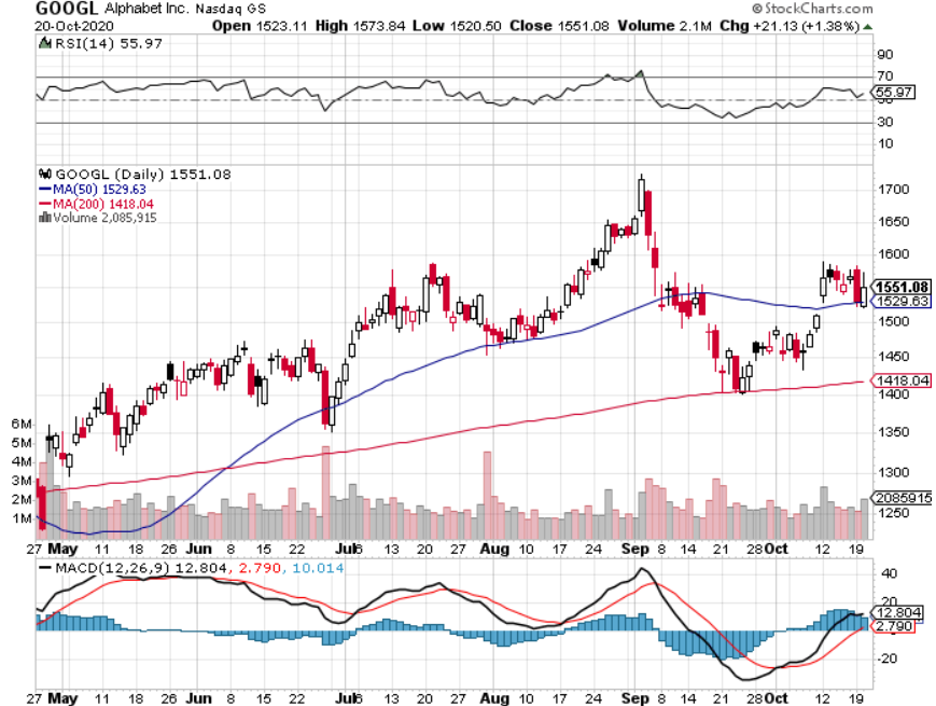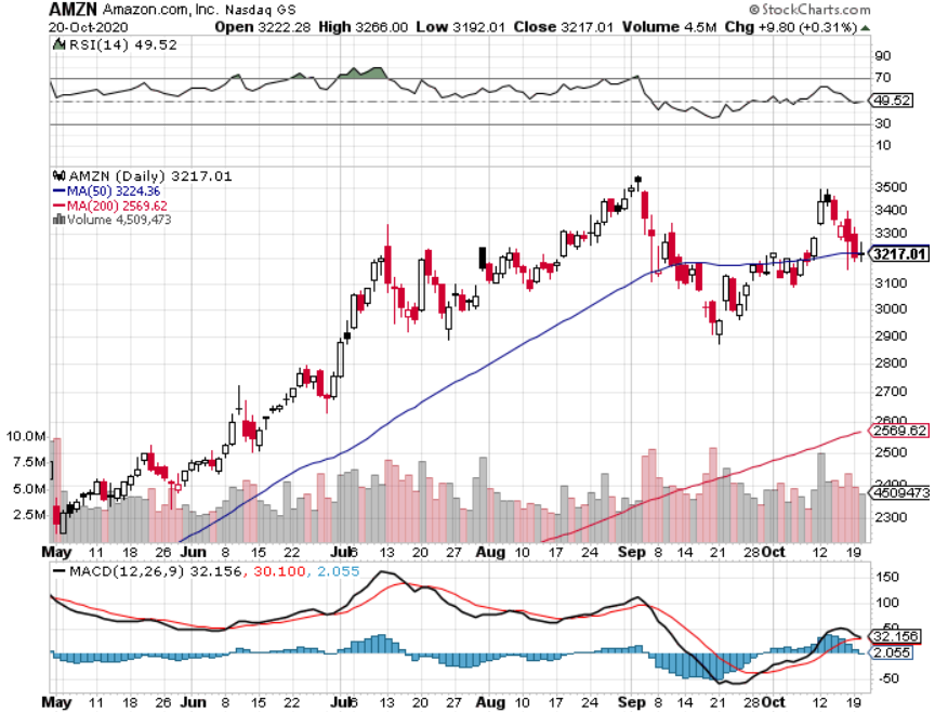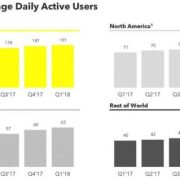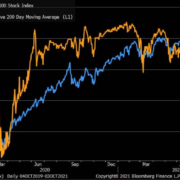Will Antitrust Problems Unleash Google?
The Department of Justice and 11 U.S. states filing an antitrust lawsuit against Google isn’t as bad as it seems.
Abusing its monopoly power to make Google the default search service on browsers, mobile devices, computers, and other devices has meant quarter after quarter of cash cow growth.
Alphabet’s cash reserves are to the point where they can fritter away capital on loss-making divisions like autonomous driving technology Waymo.
Yes, it’s true that Google is no longer the scrappy start-up that they once were, but that doesn’t matter, and they certainly have the financial balance sheet to deal with any litigation that might or might not take place.
Part of the Google shares not selling off was validation that they are resourceful enough to get through this unscathed and they certainly have had years to prepare how to defend itself through the courts.
Google let their position known publicly by tweeting that the “lawsuit by the Department of Justice is deeply flawed. People use Google because they choose to — not because they're forced to or because they can't find alternatives.”
The standard corporate speak that Google uses is just a sign of the times where big tech has dwarfed the banks, is too big to fail and of pure clout in American government, business and society.
This has been a long time coming as the firm has been under investigation by the Justice Department, the Federal Trade Commission, and state attorney general that its search engine and digital advertising businesses may operate as illegal monopolies.
The specific lawsuit will likely reference competitors like Bing for denying them access to user data, as well as targeting Google’s “search advertising.”
It was only in July, Alphabet CEO Sundar Pichai, along with the CEOs of Amazon (AMZN), Apple (AAPL), and Facebook (FB) appeared before a hearing of the House Judiciary Committee’s Subcommittee and were made to look bad for their dominant position in the digital ad game.
Google has repeatedly pointed to earlier antitrust investigations by the FTC and state attorney general into its display search business that concluded in 2013 and 2014 without incident but they surely have known that this issue would pop back up time and time again.
The knock-on effects have been drastic with American innovation sapped of its incubatory juices.
In the modern age of tech, it’s almost impossible to build a unicorn from scratch without getting your business model hijacked from one of the anti-competitive tech firms.
And now — there are 6 tech firms that use their scale and power to drag down innovation.
The consequences have been higher share prices for big tech because if they can’t scare competition out of place, they will either buy them or find internal ways to sabotage their business ala Yelp.
Google’s digital advertising business has faced accusations due to its unrivaled size and volume which is also why it makes so much money.
The company controls some of the most important links in the online advertising chain, centrally its DoubleClick platform, a premier tool for online publishers, helping them to create, manage, and track online marketing campaigns.
This is why the “internet” or the companies that have access to tracking technology know everything about you and can front run the marketing process to cater towards you.
Acquired in 2007, DoubleClick was cited by Senator Elizabeth Warren (D-MA) as one of the major acquisitions Google should be forced to unwind to improve competition in the advertising space.
If DoubleClick were to unwind itself from Google, they would be an instant unicorn out of the gate.
And that isn’t just the only unicorn in the stable, there are many stand-alone unicorns in Google’s umbrella of assets — from Gmail, Google Cloud, Google Maps, YouTube, and even Google’s hardware division that manufactures phones such as the Google Pixel line.
I believe in the argument that the sum of the parts is dragging down each segment meaning once broken from the Alphabet death grip, each unicorn would be able to pursue decisions that are best suited for their own division and not just the parent company Alphabet.
There is only so long that each unicorn is willing to play for the team and once they go out into the wild, each will become its own unique growth company.
One possibility is Google’s search business spun out while the other businesses stay inside under parent company which is also viable since the investigations specifically pinpoint Google search.
Google search controls more than 90% of the world’s search traffic market share and most notably, Yelp complain about Google favoring its own products in search results.
In July, a Wall Street Journal investigation found Google’s search algorithm biased towards its own YouTube videos in search results over those of other services.
Google’s repeated abuses would likely be mitigated just by spinning out Google search and not allowing them to favor itself.
It is highly unlikely that a stand-alone Google search business would cede market share because they are simply the best search engine by a country mile.
They would most likely expand on the lead they already have.
In either case, if Google isn’t broken up, they win, and the share price will rise.
If they are broken up, the victory will be even more emphatic while supercharging each individual asset ending up in an even higher share price.
This could finally offer a jolt of innovation into the stagnant tech space which honestly has too many too-big-to-fail companies that are focused more on financial engineering at this point.








